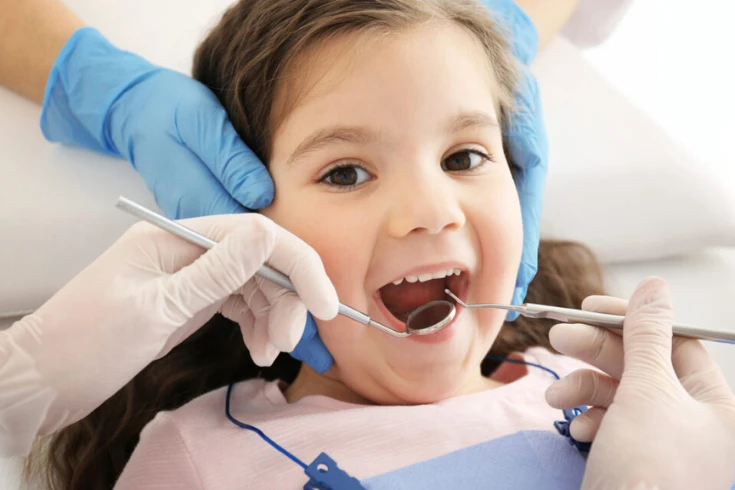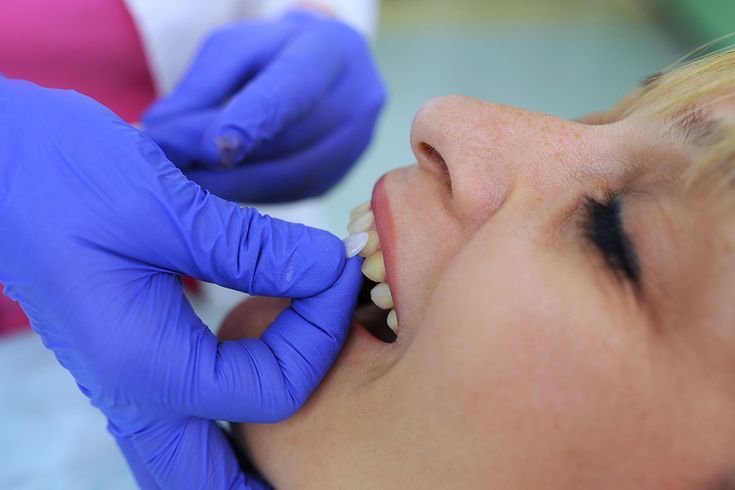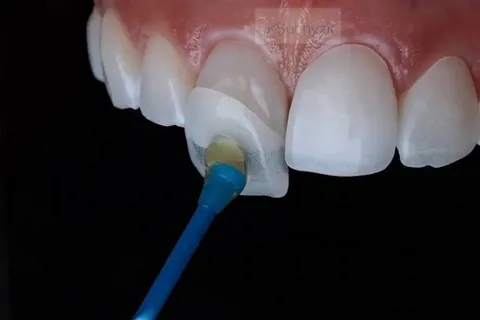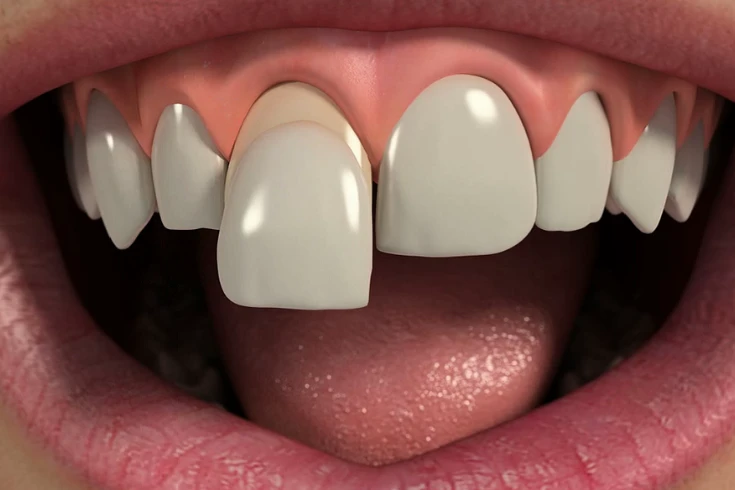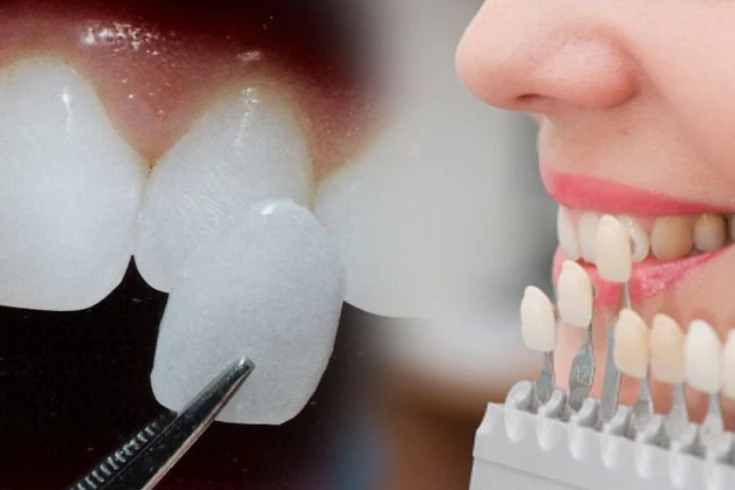A pedodontist, also known as a pediatric dentist, is basically a specialist in dentistry who deals with taking care of children’s teeth. Though the general dentist may treat people of all ages, the pedodontist specializes solely in the unique dental needs of infants, children, and teenagers. From the first dental visit of a child to various complex dental problems, pedodontists are considered very important in influencing lifelong oral health habits.
What is a Pedodontist?
A pedodontist is a dentist specially trained beyond dental school to deal with pediatric dentistry. This usually involves an extra two to three years of training and clinical experience, with an emphasis on development relating to teeth and jaws in children.
During this period of education and training, a pedodontist is usually familiarized with the behavioral aspects of pediatric management, child psychology, and certain specific issues, including growth and development of teeth and jaws.
They focus on creating a positive experience for the children. This is quite necessary in reducing dental anxiety and further helping in good dental habits. Their training has provided them with the skill of offering specialized care in preventive, diagnostic, and therapeutic dental treatment for children.
The Importance of Pediatric Dental Care
Pediatric oral care is an important aspect because early life and childhood represent the formative years in the establishment of healthy oral hygiene practices that will serve throughout a lifetime.
Early visits to a pedodontist serve to identify dental issues such as cavities, misaligned teeth, and developmental problems while they are still inconsequential and thus allow for prompt intervention before the problems become serious. Moreover, children who are taken to a dentist early tend to be less anxious in future visits.
Pedodontists also advise parents and children on proper oral hygiene, review dietary implications for dental health, and monitor a child’s teeth and gums to ensure development is normal. Although primary or baby teeth are temporary, it’s often overlooked just how important it is to maintain them.
According to pedodontists, these teeth are responsible for developing a child’s speech, allowing the child to chew properly, and acting as holders for permanent teeth.
2. What Does a Pedodontist Do?
Specialized Care for Children’s Teeth
Pedodontists give care other than simple cleanings and fillings. Special training allows them to treat those specific dental problems special to young patients, from infants through teenagers. From the eruption of a baby’s first tooth well into guiding a teenager’s development of permanent teeth, expertise from a pedodontist is crucial.
Their preventive care also includes instruction on correct brushing techniques, the use of fluoride treatments, and instruction for parents in the care of teeth at home.
Preventive Dental Care for Kids
Another central point in the practice of a pedodontist is prevention. Preventive dental care for infants can help keep children’s teeth healthy and also encompasses periodic check-ups, dental cleaning, fluoride treatments, and dental sealants. Early treatment can help children avoid painful and more serious dental conditions, such as cavities or misalignment of teeth.
Common Pediatric Dental Treatments
From simple dental cleanings to more complicated procedures, such as fillings or extractions, pedodontists perform several types of treatments.
-
- Dental Cleanings
Professional cleaning helps in the removal of plaque and tatar buildup that regular brushing cannot remove. Pedodontists take care to clean even the unreachable areas, thus preventing cavities and diseases of the gums.
-
- Fluoride Treatments
Fluoride strengthens tooth enamel, thus making the teeth more resistant to decay. Topical fluoride treatments during regular check-ups are recommended by pedodontists, especially in children who fall in the high-risk category regarding cavities.
-
- Sealants
Dental sealants are a preventive device applied to the occlusal surface of both primary and permanent teeth to form a physical barrier that prevents food and bacteria from getting trapped in the grooves, thereby preventing caries formation.
-
- Fillings and Restorations
If the child has a cavity, the pedodontist will structurally and functionally restore the tooth with the use of a tooth-colored filling. In the case of more serious decays, bigger restorations will be required, such as a crown.
Managing Dental Emergencies in Children
Dental emergencies include those situations related to a knocked-out tooth, severe toothache, and trauma to the mouth that demand urgent attention. The pedodontist is specifically trained to deal tenderly with such sensitive situations so that the child receives proper care with least stress.
3. The Difference Between a Pedodontist and a General Dentist
Focus on Child-Specific Dental Needs
The main difference between a pedodontist and a general dentist is their specialty with children. A pedodontist has supplemental training in the oral health of babies, children, and teens. This includes an understanding of the growth pattern in children’s teeth and jaws and handling the special behavioral and psychological requirements of younger patients.
Specialized Training and Certification
A pedodontist also receives advanced training in child psychology, sedation, and treatment of children with special needs. To them, those oral health concerns associated with the development of a child’s childhood stage can also be handled, including management of tooth eruption, misalignment, and cavities in baby teeth.
Child-Friendly Techniques and Environments
Pedodontists design child-friendly environments that reduce the fear associated with dental visits. Their facilities include innovative play-like settings, small-sized dental instruments, and diversions such as games or cartoons that take away from what is happening in the mouth.
Pedodontists employ methods like “tell-show-do” to describe procedures so the child does not find them threatening.
4. When Should Your Child See a Pedodontist?
First Dental Visit and Early Check-ups
The American Academy of Pediatric Dentistry recommends dental visits for children by their first birthday or six months following the eruption of their first tooth. Early dental visits are valuable in evaluating potential problems and help the child become accustomed to the dentist.
Signs Your Child Needs Specialized Dental Care
If your child develops an early tooth problem, such as frequent toothaches, cavities, or improperly aligned teeth, a pedodontist would provide special care. A pedodontist would also provide especial care for children with special needs.
Importance of Regular Dental Visits
Regular dental check-ups, once every six months, contribute to evaluating the child’s mouth development and determining any potential issues in their early stages. With a pedodontist, regular visits can lead to the detection of decay or misalignment, allowing professional cleaning of the teeth and also applying preventative measures.
5. How Pedodontists Help Prevent Dental Issues
Oral Hygiene Education for Parents and Children
The pedodontists not only provide the treatment for teeth but also enlighten the parents and the child about oral hygiene. Infact, teaching the children about brushing, flossing, and healthy eating habits provides a lifelong way for maintaining dental health.
Nutrition and Its Impact on Dental Health
Diet also plays an important role in a child’s dental health. The pedodontists advise the parents on the reduction of sweetened snacks and beverages that promote tooth decay and, instead, stress the requirement of inclusion of foods that strengthen teeth, such as fruits and vegetables.
Protective Measures for Active Children (Mouthguards, etc.)
Also, for kids who are engaged in sports or other physical activities, a pedodontist can also recommend the use of mouthguards that protect the teeth from damage. These protective mouthguards reduce the risk of dental trauma during certain contact sports.
6. Common Dental Issues in Children
Cavities and Tooth Decay
Cavities are the most prevalent dental issues experienced in children and are mainly caused by poor dental hygiene or intake of excessive sugar. Pedodontists treat cavities both on baby and permanent teeth and advise parents and families on how cavities can be prevented.
Teething Problems
When the teeth erupt, this may be uncomfortable for the child, sometimes even causing other teething problems, which include irritation of the gums. A pedodontist will offer consultations on how to comfort a baby during teething and the proper eruption of teeth.
Thumb Sucking and Pacifier Use
Thumb sucking and pacifiers, if done for a long period, could lead to misaligned teeth or a problem with a child’s bite. Pedodontists give helpful tips that would help children break these habits before they become serious dental problems in the future.
Misaligned Teeth and Bite Issues
As children grow older, some children may develop misaligned teeth or their bite might be off. The pedodontist is able to assess how the child is developing dentally, advising on braces or early intervention orthodontics if necessary.
7. Sedation and Anxiety Management in Pediatric Dentistry
How Pedodontists Manage Dental Anxiety in Children
Fear is the most frequent emotion children exhibit when they visit the dentist. Distraction, positive reinforcement, and “tell-show-do” are the strategies pedodontists use to drive away fear.
Types of Sedation Used
Sedation is employed by pedodontists for keeping kids relaxed, especially when necessary.
-
- Nitrous Oxide (Laughing Gas)
It is a light level of sedation that helps in reducing anxiety and keeping the child conscious and responsive.
-
- Oral Sedation
Oral sedation can be used to relax the child during a procedure for apprehensive patients.
-
- General Anesthesia
The administration of general anesthesia can be utilized in complicated cases and permits the child to sleep during the treatment.
8. Preparing Your Child for a Visit to the Pedodontist
Tips for Reducing Dental Anxiety
It can be comforting for the child if the parent explains what will occur in simple terms and reassures the child this will be a pleasant visit. Bringing along a favorite toy or using distraction methods can help also .
What to Expect During a Visit
A routine visit to the pedodontist consists of a cleaning, an examination, and a discussion of good oral hygiene. If your child is anxious, the dentist may make extra effort in explaining each step completely to comfort them.
How to Discuss Dental Health with Your Child
This encourages open communication about dental health. Explain why taking care of their teeth is important, using simple, non-threatening language, and be supportive during dental visits.
9. Finding the Right Pedodontist for Your Child
Factors to Consider When Choosing a Pediatric Dentist
When choosing a pedodontist, their qualifications and experience are strong factors. How your child feels in their office should be considered as well. A welcoming environment, along with a child-friendly approach, is a must.
Questions to Ask During Your Initial Consultation
Find out the philosophy of the pedodontist with regard to the management of anxiety, experience in handling any particular problems you may have, and what preventive measures they do recommend. Also, the office policies concerning emergency care and follow-up visits should be probed.
10. Conclusion:
Pediatric dentistry is an essential part of your child’s overall health and well-being. Pedodontists are trained to deliver a course of preventive and treatment services and have the ability to make visits to the dentist a fun experience for the child. If you find the right pedodontist for your child and begin early, you set the basic foundation for lifelong healthy teeth and mouth.

